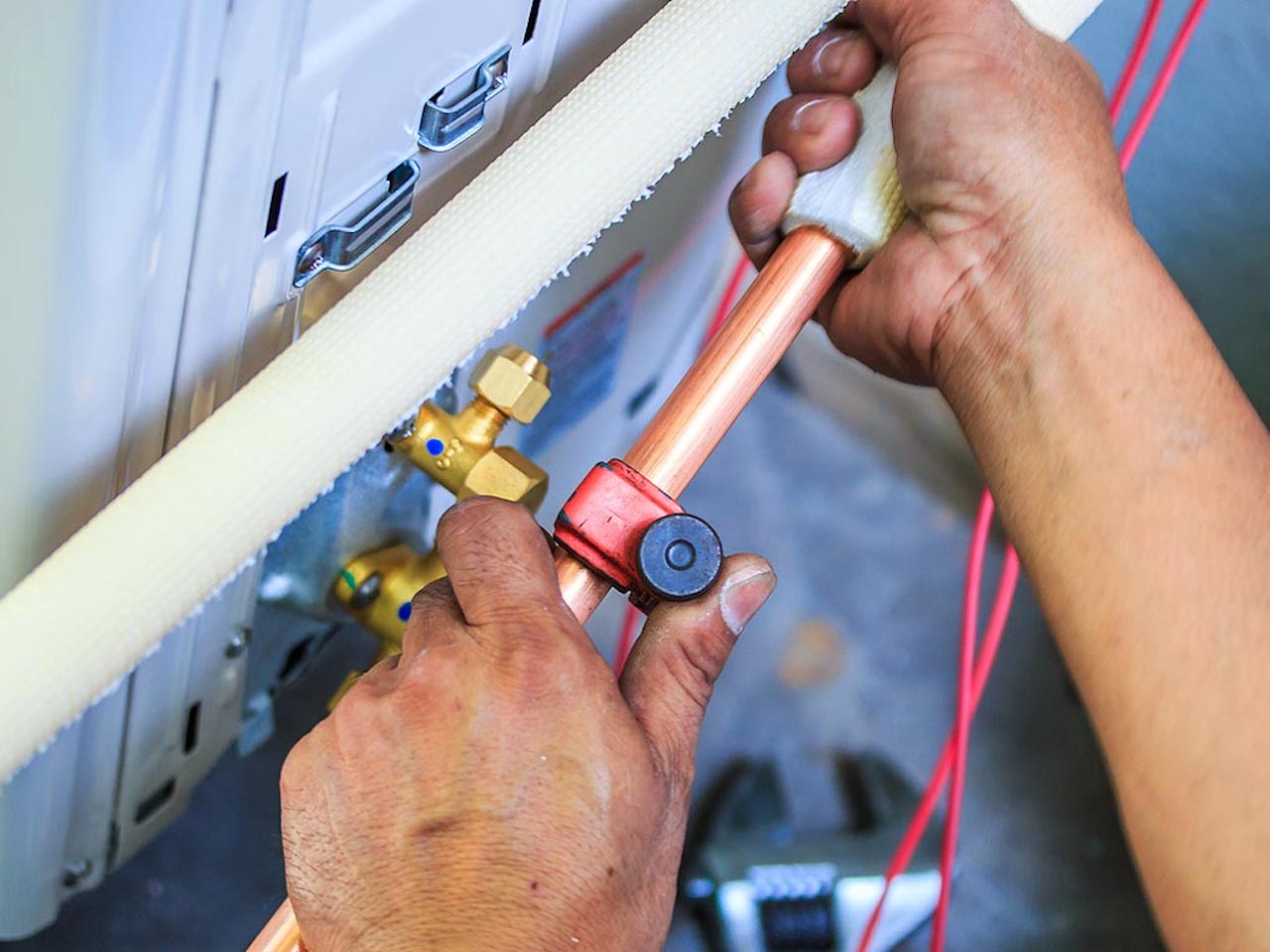

Articles
How Do I Know If My HVAC Needs Freon
Modified: December 7, 2023
Discover if your HVAC system requires a Freon recharge with our informative articles. Learn how to identify signs of low refrigerant and troubleshoot common AC problems.
(Many of the links in this article redirect to a specific reviewed product. Your purchase of these products through affiliate links helps to generate commission for Storables.com, at no extra cost. Learn more)
Introduction
When it comes to keeping our homes comfortable, HVAC systems play a vital role. These systems rely on various components and refrigerants to provide optimal heating and cooling throughout the year. One such refrigerant commonly used in HVAC systems is Freon, also known as R-22 or R-410A.
Freon is a colorless and odorless gas that helps cool the air in the HVAC system. Over time, however, HVAC systems may experience a decline in their refrigerant levels, leading to reduced cooling performance. As a homeowner, it’s important to be aware of the signs that indicate your HVAC system may need a Freon recharge.
In this article, we will explore the signs that your HVAC system may need Freon, how to check if your HVAC system needs a recharge, and when to call a professional for assistance.
Key Takeaways:
- Recognize the signs of low Freon levels in your HVAC system, such as weak airflow, increased energy bills, and unusual sounds. Consult a professional technician for a thorough inspection and recharge to maintain optimal performance.
- Prioritize safety and efficiency by relying on professional HVAC services for Freon recharge. Avoid DIY attempts and address underlying issues promptly to prevent further damage and ensure long-term system functionality.
Read more: How Do I Know If My AC Needs Freon
Signs Your HVAC System Needs Freon
An HVAC system that is low on Freon can experience a range of issues that affect its overall performance. Being able to recognize the signs that your HVAC system may need a Freon recharge can help you address the problem before it worsens. Here are some common signs to look out for:
- Weak or Warm Airflow: If you notice that the air coming out of your vents is not as cold or strong as it used to be, it could be a sign of low refrigerant levels. Insufficient Freon can hinder the system’s ability to cool and circulate the air properly.
- Increased Energy Bills: A sudden increase in your energy bills without any other explanation could be attributed to an HVAC system that is struggling to maintain the desired temperature. When the refrigerant levels are low, the system has to work harder and longer to achieve the same level of cooling, resulting in higher energy consumption.
- Frozen Evaporator Coil: The evaporator coil is responsible for absorbing heat from the air. If there is a refrigerant leak or inadequate Freon levels, the evaporator coil can become too cold and freeze over. If you notice ice buildup on the coil, it’s a strong indication that your HVAC system needs a Freon recharge.
- Hissing or Bubbling Sounds: Unusual sounds coming from your HVAC system, such as hissing or bubbling noises, can indicate a refrigerant leak. Freon is under high pressure, and when there is a leak, you may hear these sounds as the gas escapes from the system. If you suspect a leak, it’s important to address it promptly to prevent further damage.
- Longer Cooling Cycles: Is your HVAC system taking longer than usual to reach the desired temperature? If so, it could be a sign of low Freon levels. The system may be struggling to cool the air efficiently, resulting in extended cooling cycles to compensate for the lack of refrigerant.
It’s important to note that these signs are not exclusive to low Freon levels and can also indicate other issues with your HVAC system. To accurately diagnose the problem and determine if a Freon recharge is necessary, it’s best to consult a professional HVAC technician who can conduct a thorough inspection.
Understanding Freon in HVAC Systems
To grasp why a low level of Freon can impact the performance of an HVAC system, it’s essential to understand the role of this refrigerant in the cooling process.
Freon is a type of refrigerant that absorbs heat from inside your home and releases it outside. It undergoes a continuous cycle of evaporation and condensation, allowing it to transfer heat effectively. This process happens within the HVAC system’s evaporator coil and condenser coil.
The evaporator coil is located inside the indoor unit and is responsible for absorbing heat from the air. As the warm air passes over the coil, the Freon inside evaporates, transforming from a liquid to a gas. This heat absorption cools down the air that gets circulated throughout your home.
Once the refrigerant has absorbed the heat, it travels to the outdoor unit, where the condenser coil is located. The condenser coil releases the heat absorbed by the Freon to the outside environment. The refrigerant then condenses back into a liquid state, ready to repeat the cooling process.
With time, HVAC systems may experience a loss in Freon due to leaks, evaporation, or other factors. A low level of refrigerant can disrupt the normal cooling process, leading to reduced performance and efficiency.
It’s important to note that in recent years, there has been a shift in the refrigerants used in HVAC systems. R-22, which is commonly known as Freon, has been phased out due to its harmful environmental impact. It has been replaced with more eco-friendly alternatives, such as R-410A, which is commonly referred to as Puron.
If you have an older HVAC system that still uses R-22, it’s important to be aware that this refrigerant is being phased out and may become more difficult and expensive to obtain in the future.
Understanding the role of Freon in the cooling process and being aware of the type of refrigerant your HVAC system uses can help you make informed decisions when it comes to maintenance, repairs, and upgrading your system if necessary.
Reasons Why HVAC Systems May Need Freon
There are several reasons why an HVAC system may require a Freon recharge. While it’s normal for a small amount of refrigerant to be lost over time due to minor leaks or evaporation, significant loss can disrupt the system’s cooling capabilities. Here are some common reasons why HVAC systems may need a Freon recharge:
- Refrigerant Leak: One of the most common reasons for low Freon levels is a refrigerant leak. Leaks can occur in various components of the HVAC system, such as the coils, valves, or connections. Over time, these leaks can cause a gradual loss of refrigerant, impacting the system’s performance. Identifying and repairing the source of the leak is crucial to prevent continuous Freon loss.
- Improper Installation: If an HVAC system is not installed correctly, it can lead to refrigerant leaks. Poorly connected refrigerant lines or improper sealing of components can allow Freon to escape over time. It’s important to ensure that your HVAC system is installed by a qualified professional to avoid such issues.
- System Age: As HVAC systems age, they may become more prone to refrigerant leaks. Over time, the wear and tear on the components can lead to cracks or weakened connections, causing the Freon to leak out. Regular maintenance and inspections can help identify and address potential issues before they escalate.
- Evaporator Coil Issues: The evaporator coil plays a critical role in the cooling process. If the coil becomes dirty or damaged, it can hinder the efficient transfer of heat between the air and the refrigerant. This can cause the system to work harder and longer to cool the air, potentially leading to low Freon levels.
- System Overworking: An HVAC system that is constantly running or struggling to maintain the desired temperature can experience increased refrigerant consumption. When a system is overworked, it may use up Freon at a faster rate, leading to low levels. This can occur when the system is improperly sized for the space it is cooling or if there are underlying issues causing it to work harder than necessary.
If you suspect that your HVAC system is low on Freon, it’s important to address the underlying issue promptly. Ignoring the problem can lead to further damage to the system and reduced energy efficiency. Contacting a professional HVAC technician will help identify the root cause of the Freon loss and determine the best course of action to recharge the system.
How to Check if Your HVAC System Needs Freon
If you suspect that your HVAC system is low on Freon, there are a few steps you can take to check the refrigerant levels. Keep in mind that while these methods can provide some insight, it’s always best to consult a professional HVAC technician for a thorough diagnosis. Here’s how to check if your HVAC system needs a Freon recharge:
- Inspect the Airflow: Start by checking the airflow coming from your vents. If you notice weak or warm airflow, it could be an indication of low refrigerant levels. An HVAC system low on Freon may struggle to cool the air and circulate it effectively.
- Check the Temperature: Monitor the temperature in your home. If you’re unable to achieve the desired coolness even with the thermostat set properly, it could be a sign that your HVAC system needs a Freon recharge. Inadequate refrigerant levels can hinder the system’s ability to cool the air efficiently.
- Inspect the Evaporator Coil: Carefully examine the evaporator coil, which is located inside the indoor unit of your HVAC system. Look for any signs of ice buildup or frost on the coil. If you notice extensive ice formation, it’s an indication that your system may be low on Freon. However, it’s important to note that other issues, such as a dirty air filter or airflow restrictions, can also cause ice buildup.
- Listen for Unusual Sounds: If you hear hissing, bubbling, or unusual sounds coming from your HVAC system, it could be a sign of a refrigerant leak. Freon is under high pressure, and when there is a leak, you may hear the gas escaping. If you suspect a leak, it’s crucial to contact a professional HVAC technician to address the issue.
- Monitor Energy Consumption: Pay attention to your energy bills. If you notice a sudden increase in energy consumption without any other explanation, it could be a sign that your HVAC system is working harder to cool your home due to low refrigerant levels. This increased workload can result in higher energy bills.
While checking these indicators can give you some insight into your HVAC system’s refrigerant levels, it’s important to remember that only a professional HVAC technician can accurately diagnose the issue and determine if a Freon recharge is necessary. They have the knowledge, tools, and expertise to perform a comprehensive inspection of your system and address any concerns.
Attempting to add Freon to your HVAC system without proper training and equipment can lead to further damage and safety hazards. Always rely on a qualified professional for Freon recharge and maintenance services.
If your HVAC system is not cooling properly, it may be a sign that it needs more Freon. Look for ice buildup on the refrigerant line as this could indicate a Freon leak. Always consult a professional for an accurate diagnosis.
Do’s and Don’ts of Adding Freon to Your HVAC System
If you have determined that your HVAC system needs a Freon recharge, it’s important to understand the do’s and don’ts of adding Freon. While it may be tempting to take matters into your own hands, it’s crucial to exercise caution and follow proper procedures. Here are some do’s and don’ts to keep in mind:
Do’s:
- Do consult a professional: It’s always best to seek the expertise of a professional HVAC technician when it comes to adding Freon. They have the knowledge, experience, and equipment to handle refrigerants safely and correctly.
- Do address the underlying issue: Before adding Freon, make sure to address any potential refrigerant leaks or other underlying issues that may have caused the low levels. Simply adding more Freon without fixing the problem can lead to further refrigerant loss and system issues.
- Do follow manufacturer guidelines: If you decide to add Freon yourself, carefully read and follow the manufacturer’s instructions provided with your HVAC system. This will ensure you use the correct type and amount of refrigerant for your specific model.
- Do wear protective gear: Properly protect yourself by wearing safety gloves and goggles when handling Freon. This will safeguard against any potential skin or eye irritation that may occur during the process.
- Do monitor Freon levels regularly: Regularly check the refrigerant levels in your HVAC system to ensure they are within the recommended range. This can help you detect any potential issues early on and prevent further damage.
Don’ts:
- Don’t overcharge the system: Adding too much Freon can lead to serious issues, including damage to the compressor. Follow the recommended guidelines and avoid overcharging the system.
- Don’t mix different refrigerants: Stick to using the specific type of refrigerant recommended by the manufacturer. Mixing different types of refrigerants can cause damage to the system and may even be illegal in some jurisdictions.
- Don’t release Freon into the environment: Freon is harmful to the environment and contributes to ozone depletion. It’s important to handle and dispose of it responsibly. If you’re unable to properly handle and dispose of the refrigerant, contact a professional technician for assistance.
- Don’t ignore refrigerant leaks: If you suspect a refrigerant leak, it’s crucial to address it promptly. Ignoring leaks can lead to continuous refrigerant loss, reduced system performance, and potentially costly repairs in the future.
- Don’t attempt to repair HVAC components yourself: Repairing or replacing HVAC components such as coils or valves requires specialized knowledge and tools. Leave the repairs to a professional to avoid further damage or safety hazards.
Considering the complexity and potential hazards involved in handling Freon, it is strongly recommended to rely on a professional HVAC technician for any Freon recharge or maintenance services. They have the expertise to ensure the correct handling and usage of refrigerants, thereby keeping your HVAC system in optimal condition.
When to Call a Professional for Freon Recharge
While it may be tempting to attempt a Freon recharge yourself, it’s important to know when it’s best to leave the job to a professional HVAC technician. Here are some instances when you should call a professional for a Freon recharge:
- Lack of Experience: If you don’t have experience working with HVAC systems or handling refrigerants, it is best to leave the task to a professional. They have the necessary training and expertise to handle Freon safely and accurately.
- Refrigerant Leak: If you suspect a refrigerant leak, it’s crucial to contact a professional HVAC technician right away. They can inspect your system, identify the source of the leak, and repair it properly. Attempting to recharge the system without addressing the leak will only result in further refrigerant loss.
- Unknown Cause of Low Refrigerant Levels: If you’re unsure why your HVAC system is low on Freon, it’s best to consult a professional. They can conduct a comprehensive inspection to determine the underlying cause and provide the appropriate solution. There may be other issues affecting the system’s performance that require professional attention.
- Complex HVAC System: Some HVAC systems are more complex than others, with advanced features or multiple zones. If you have a complex system, it’s advisable to seek the assistance of a professional HVAC technician who has experience working with similar setups. They can ensure that the Freon recharge is performed correctly and that the system is optimized for efficient operation.
- Obsolete Refrigerants: If your HVAC system uses an outdated refrigerant like R-22 (Freon), it’s important to consult a professional. Due to the environmental impact of R-22, it is being phased out and is becoming increasingly challenging to obtain. A professional technician will guide you on the best course of action, which may involve switching to a more environmentally friendly refrigerant like R-410A (Puron).
Calling a professional HVAC technician for a Freon recharge ensures that the task is done safely, accurately, and in compliance with industry standards. They will have the necessary tools and expertise to diagnose any issues, address leaks, and recharge the system to restore its optimal performance.
Remember, attempting to work on your HVAC system without the proper knowledge and experience can lead to further damage, safety hazards, and even void warranties. It’s always best to rely on professionals for HVAC maintenance and repair services to ensure the longevity and efficiency of your system.
Conclusion
Understanding when your HVAC system needs a Freon recharge is crucial for maintaining optimal cooling performance and energy efficiency in your home. Recognizing the signs of low refrigerant levels, such as weak airflow, warm air coming out of the vents, or increased energy bills, can help you address the issue promptly.
It’s important to remember that adding Freon to your HVAC system should be handled by a professional HVAC technician. They have the necessary expertise and equipment to diagnose the underlying cause of the low refrigerant levels, repair any leaks, and recharge the system safely and accurately.
If you suspect that your HVAC system is low on Freon, it’s best to consult a professional rather than attempting to recharge it yourself. They can conduct a thorough inspection of your system, identify any refrigerant leaks, and ensure that the proper amount of refrigerant is added.
Regular maintenance and inspections of your HVAC system can help catch any issues early on and prevent more significant problems down the line. A professional HVAC technician can provide routine maintenance services, including checking refrigerant levels, cleaning coils, and ensuring proper system operation.
Lastly, staying knowledgeable about the type of refrigerant your HVAC system uses and its environmental impact is essential. Older systems using R-22 (Freon) may need upgrading to more environmentally friendly alternatives like R-410A (Puron).
By following the guidelines outlined in this article and relying on professional HVAC services, you can ensure that your HVAC system operates efficiently, provides optimal cooling performance, and keeps your home comfortable year-round.
Frequently Asked Questions about How Do I Know If My HVAC Needs Freon
Was this page helpful?
At Storables.com, we guarantee accurate and reliable information. Our content, validated by Expert Board Contributors, is crafted following stringent Editorial Policies. We're committed to providing you with well-researched, expert-backed insights for all your informational needs.
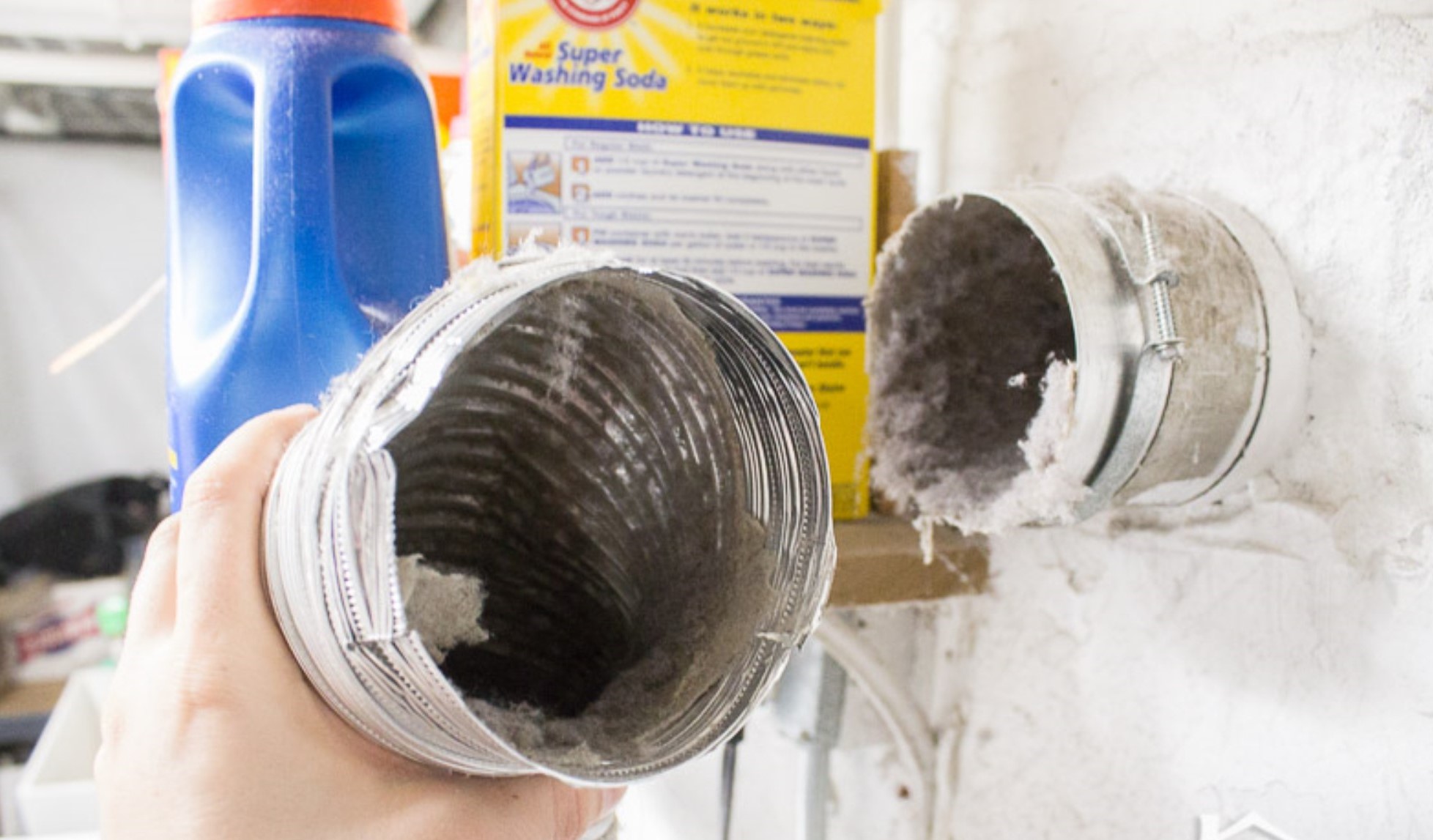

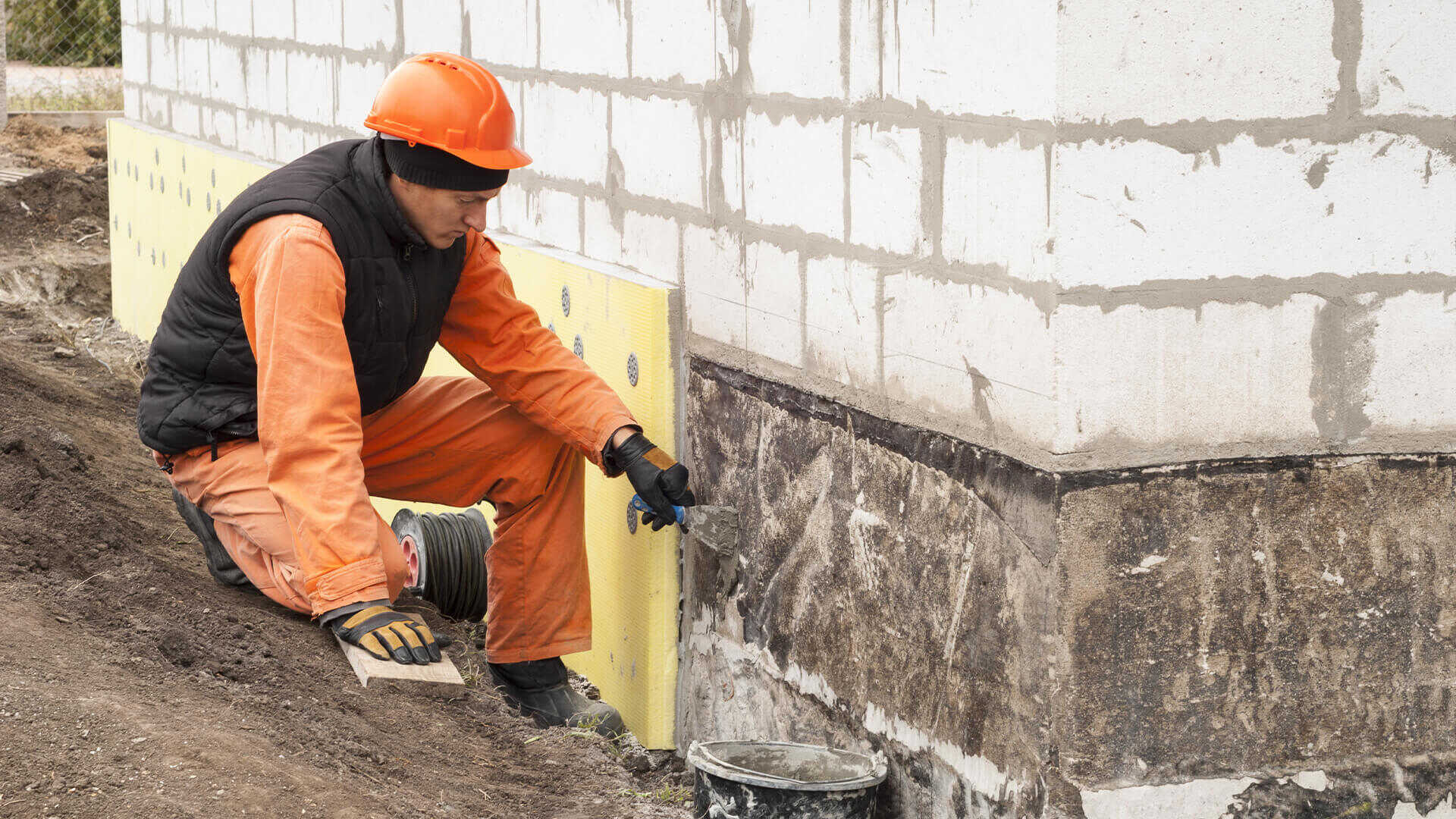
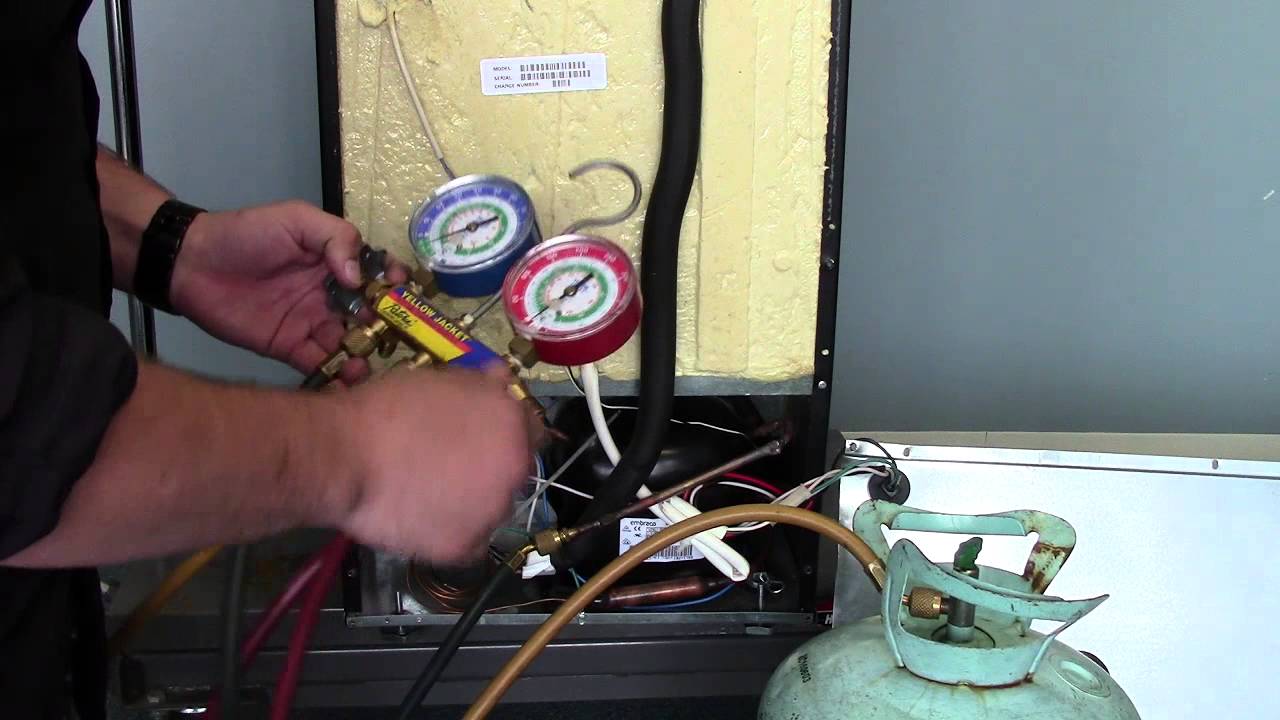

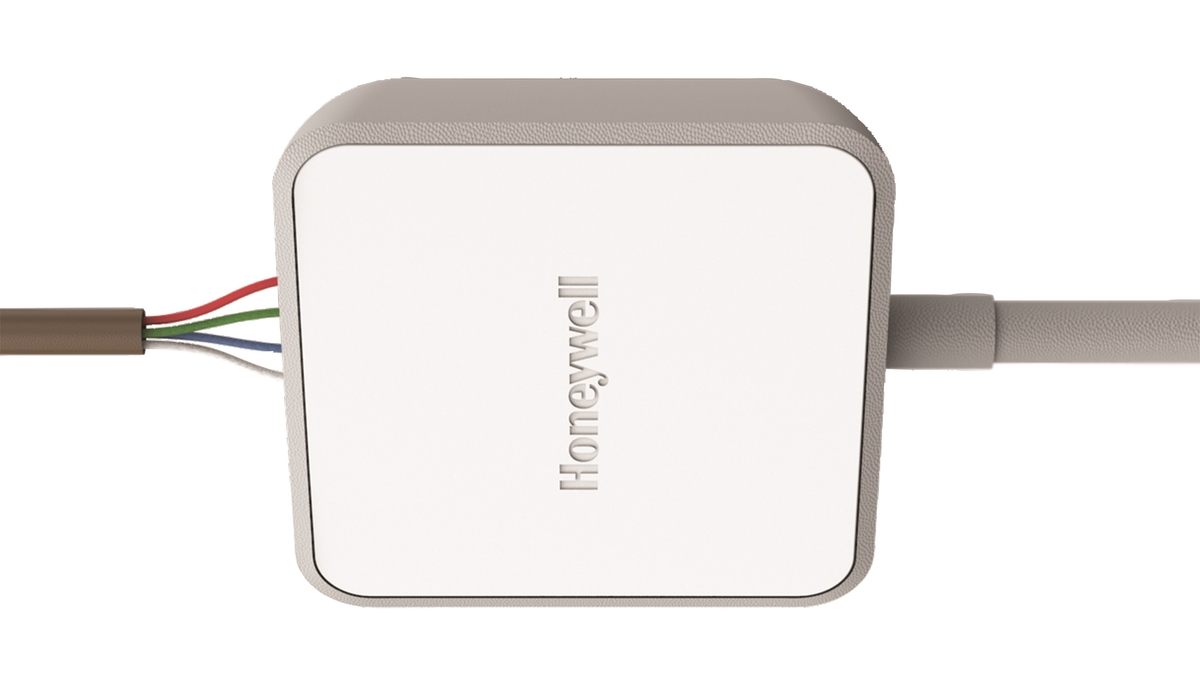
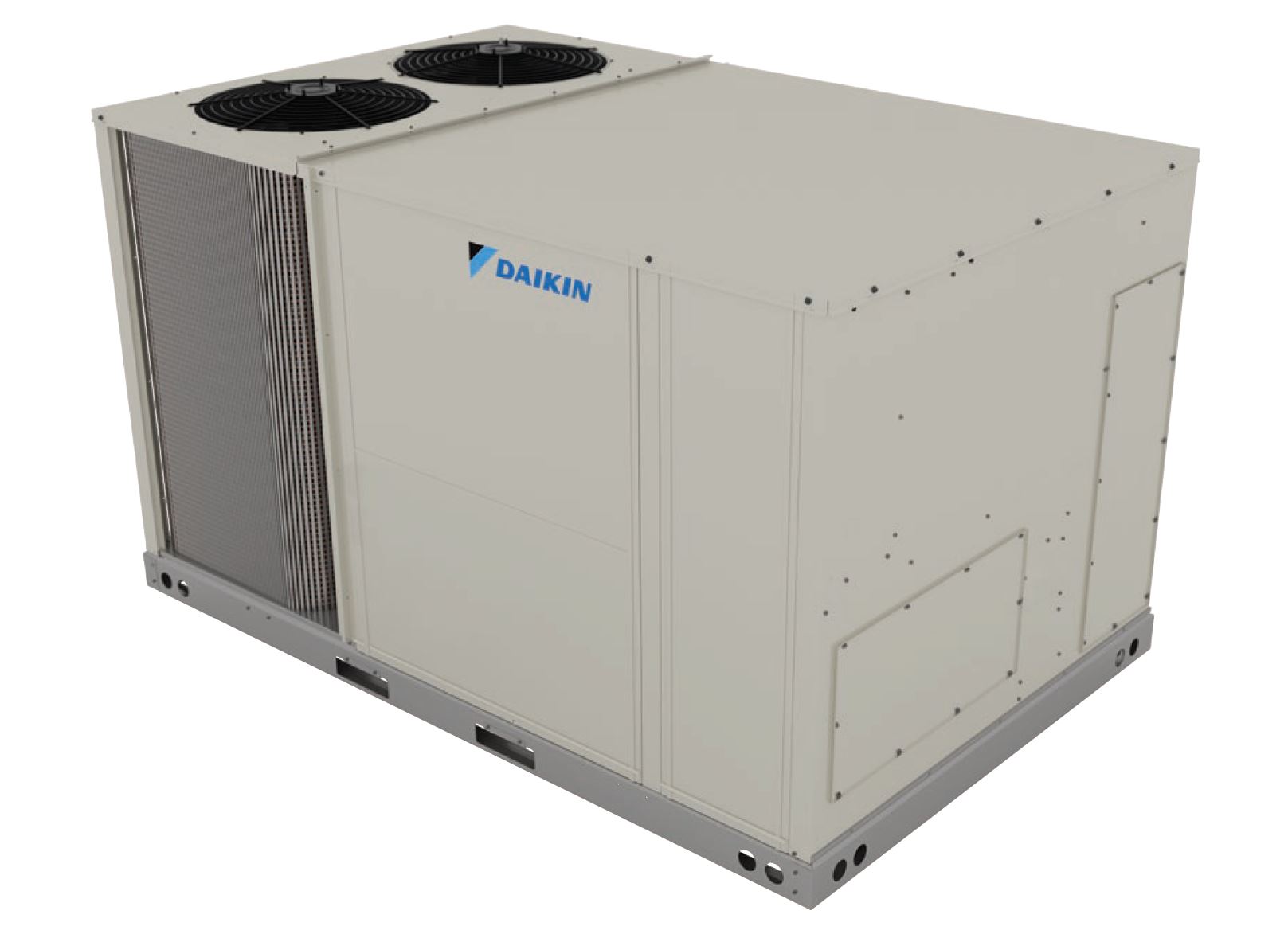
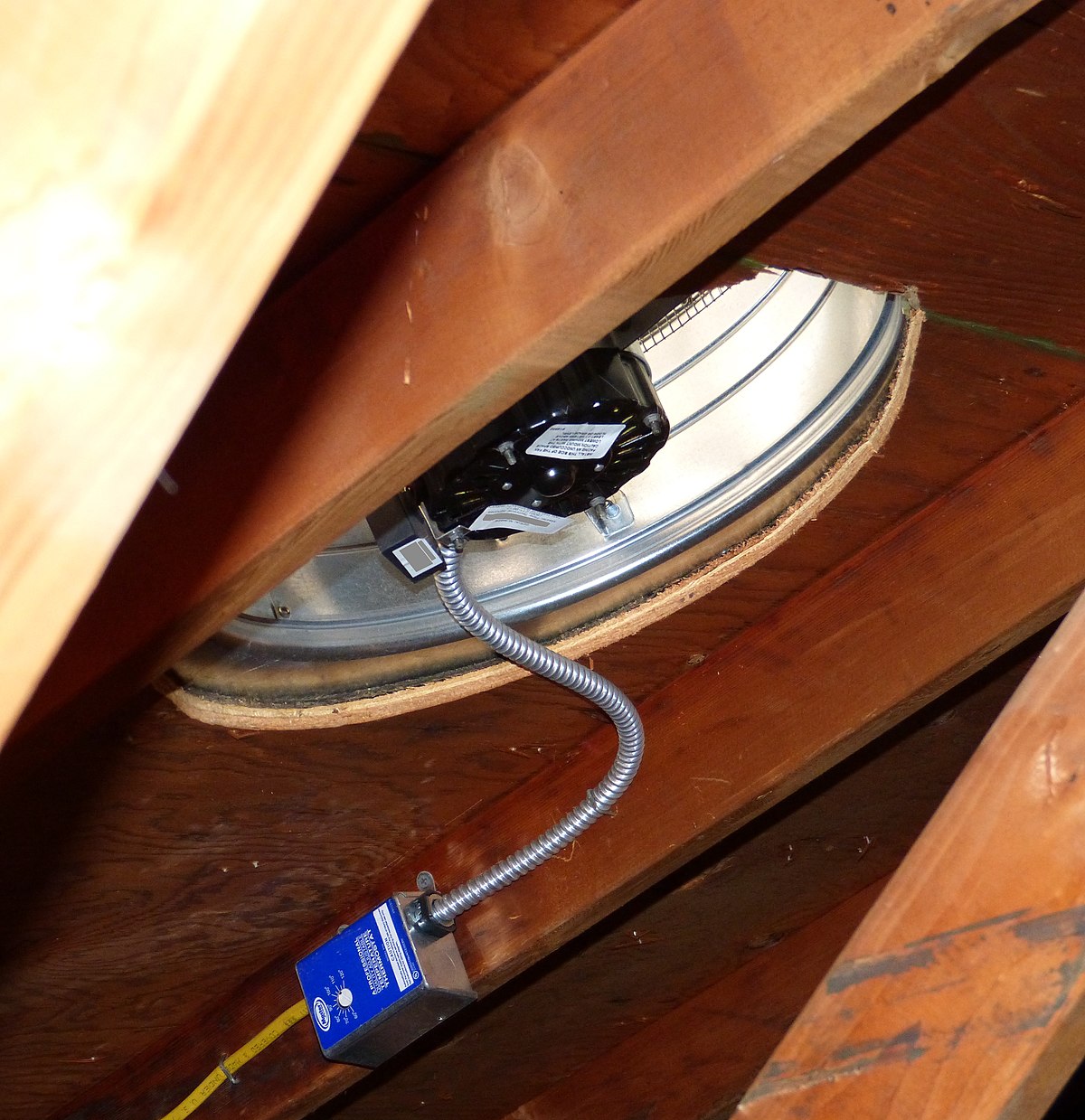
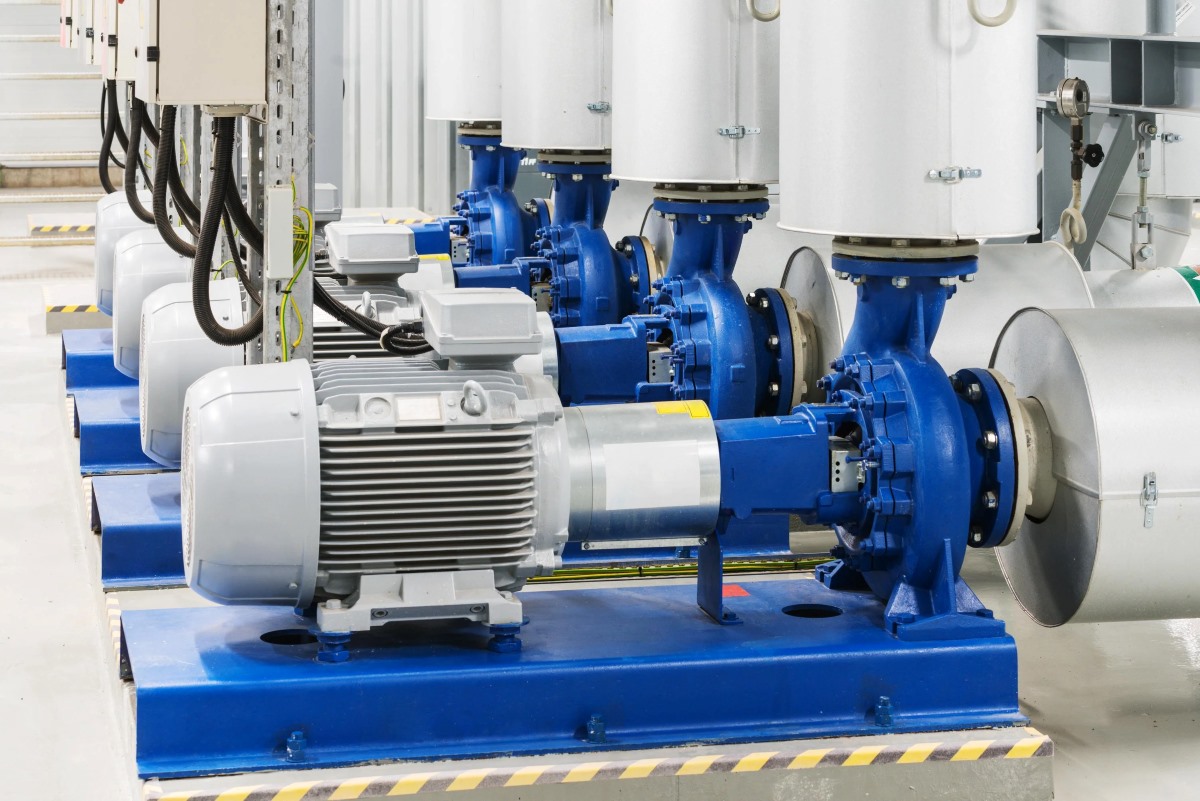

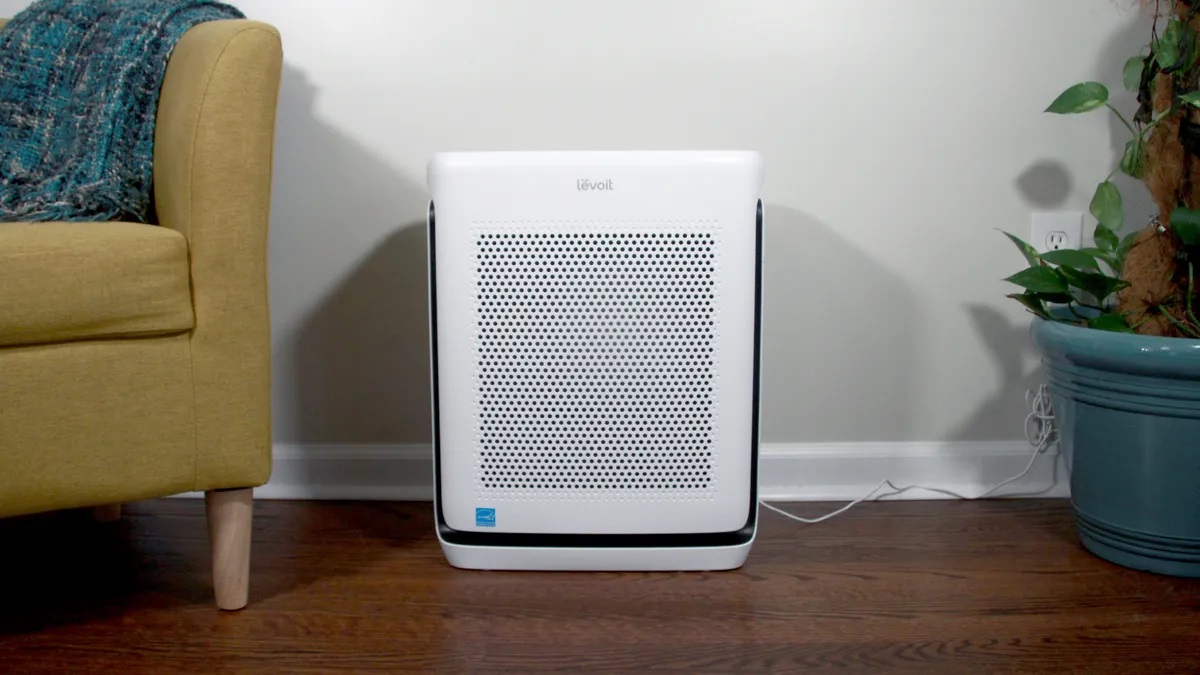

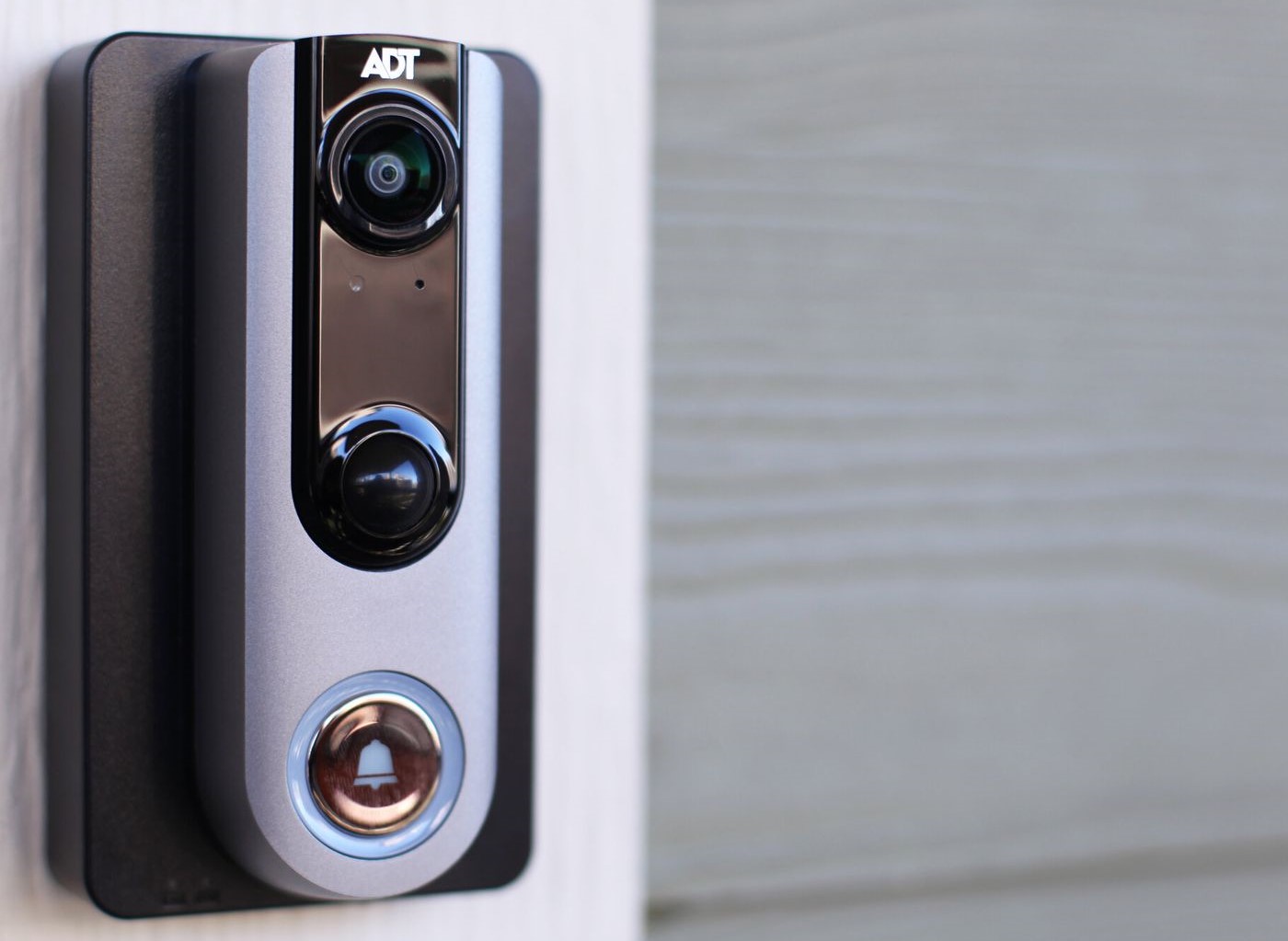

0 thoughts on “How Do I Know If My HVAC Needs Freon”